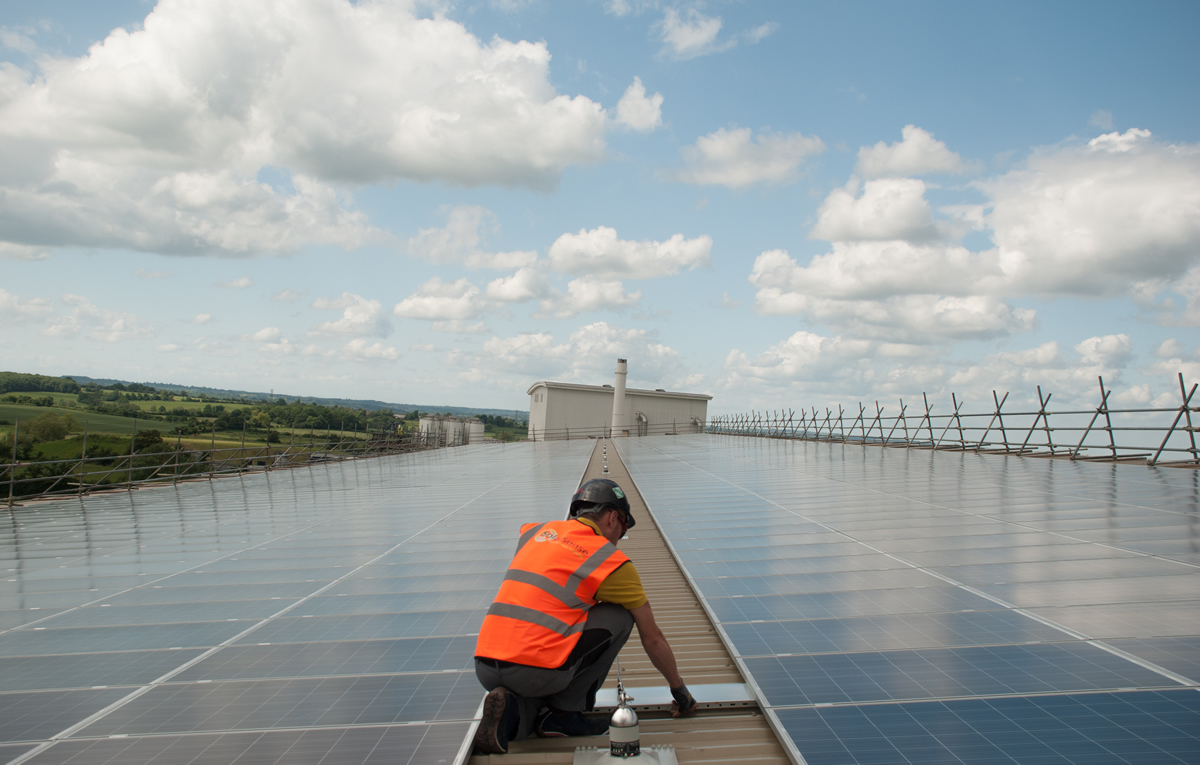
Greater adoption of distributed and decentralised power could provide a multi-billion-pound boost to key economic sectors, power firm Centrica has said.
The firm has this week published a new report, entitled ‘Distributed Energy: Powering Britain’s Economic Future’, which suggests that deploying greater on-site generation such as solar could provide benefits long beyond merely saving on energy costs.
If sectors such as heavy industry, healthcare and hospitality adopted more decentralised power the benefits would be felt across the economy.
Analysis included within the report claims that if just half of those three sectors – which up roughly one-third of total employment in the UK – could save nearly £900 million each year in their energy costs.
This would have ricochet effect, allowing more than 260,000 jobs to be supported and helping boost productivity by 1.5%.
Costs would chiefly be driven down by bringing energy generation closer to the point of consumption. Centrica said this would mainly centre around on-site generation through technologies like solar PV and combined heat and power, however the advent of battery storage had allowed new revenue streams to bolster business models.
Centrica included a number of case studies in its report and argued that differing revenue streams had contributed to “tangible cost reduction benefits” that had justified the investments made by businesses in this field.
Centrica offers solar and battery storage to consumers through its distributed power division, which MD Jorge Pikunic also revealed this week would receive a further £700 million in investment between now and 2020 as it looks to capitalise on the wider energy transition.
Solar will continue to remain a part of the firm’s operations, with installations set to be carried out on premises in Cornwall as Centrica looks to get its Local Energy Marketplace trial up and running.
Pikunic said that the firm’s report shone a light on the “scale of the opportunity for distributed energy technologies” to contribute towards the government’s forthcoming industrial strategy.
“The challenge now is for industry and Government to make this a reality. Together, I believe we can create a new sector for the economy that encompasses energy services, technology, and innovation. I also believe there to be significant export potential that could allow the UK to establish itself as a world leader in developing and managing the energy system of the future,” Pikunic added.
Business secretary Greg Clarke is expected to unveil a white paper on the government’s industrial strategy next Monday (27 November 2017).

